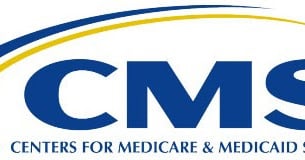The federal Centers for Medicare and Medicaid Services (CMS) last week released the final rule for...
Government Proposes New Timeline for Implementing 'Meaningful Use' Criteria
 |
• More analysis of feedback from stakeholders on Stage 2 progress and outcomes;
• More available data on Stage 2 adoption and measure calculations—especially on new patient engagement measures and health information exchange objectives;
• More consideration of potential Stage 3 requirements;
• Additional time for preparation for enhanced Stage 3 requirements;
• Ample time for developers to create and distribute certified EHR technology before Stage 3 begins, and incorporate lessons learned about usability and customization."
• More available data on Stage 2 adoption and measure calculations—especially on new patient engagement measures and health information exchange objectives;
• More consideration of potential Stage 3 requirements;
• Additional time for preparation for enhanced Stage 3 requirements;
• Ample time for developers to create and distribute certified EHR technology before Stage 3 begins, and incorporate lessons learned about usability and customization."
In 2015, Medicare providers who have not started using a certified EHR will begin seeing a claims penalty. However, as the meaningful use program is voluntary for Medicaid providers, they will not be subject to penalties if they do not participate.
To read more about the meaningful use EHR program, see the Psychiatric News article, "Is 'Meaningful Use' for Me?"
(image: peterfactors/Shutterstock.com)





